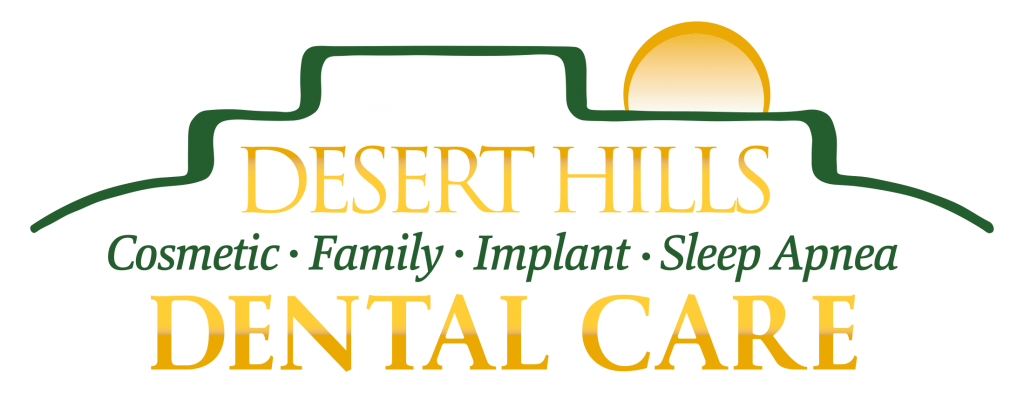How Sleep Studies Help
Even if you’ve noticed all of the symptoms of sleep apnea in yourself, a sleep study is necessary to confirm your suspicions. Sleep studies can accurately diagnose various sleep disorders and their severity so you can get the treatment you need to thrive.
Dr. Schumacher can only provide treatment after you’ve received the results of your sleep study. Using these results, he can give an accurate diagnosis, and create a customized oral appliance that will help you to sleep soundly.
Your experience with your sleep study will vary depending on whether you opt for a study at a clinic or an at-home test. Both methods can provide an accurate diagnosis, so you can choose which one you prefer.
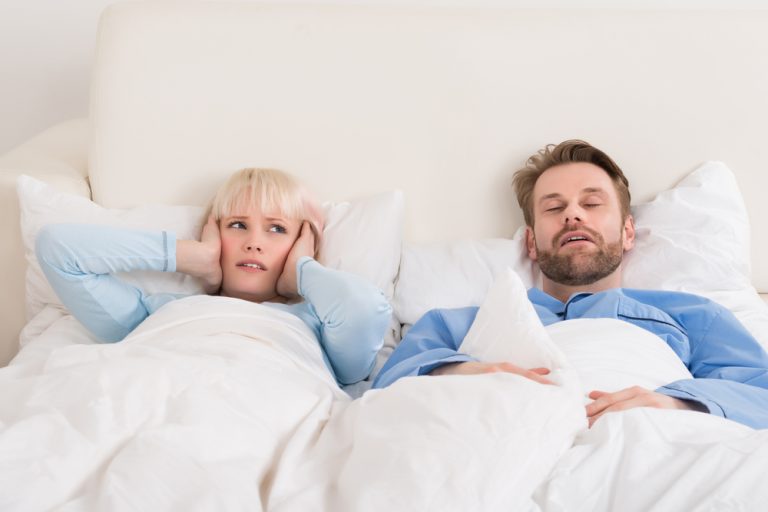
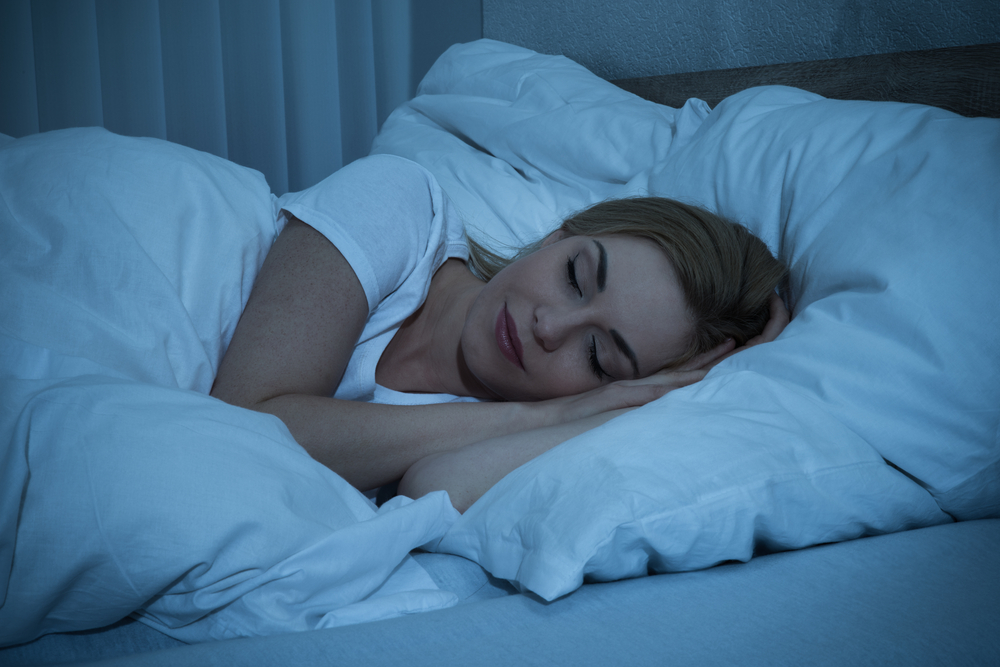
How Sleep Studies Work
A sleep study (polysomnography) is a test that measures and records body functions via non-invasive sensors while you sleep. These sensors monitor discrepancies in your sleep pattern such as having trouble falling asleep, sleeping too much or experiencing irregular breathing during your sleep—as with sleep apnea.
Sleep studies record:
- Breathing rate
- Heart rate
- Brain waves
- Blood oxygen levels
- Leg movements
- Eye movements
Sleep studies are used to diagnose a variety of conditions that impact sleep such as narcolepsy, restless leg syndrome, insomnia, and sleep apnea.
If you are afflicted with sleep apnea, you briefly stop breathing during your sleep. Your body will wake you up in order to get oxygen but these interruptions in your breathing can happen as many as 30 times in an hour. This can not only lead to problems with your physical and mental health, but it can also impact your interpersonal relationships. Unlike other sleep disorders, sleep apnea can be diagnosed through the use of an at-home sleep study. Whether you choose to go to a facility or enjoy the comforts of home, a sleep study is the only way to properly diagnose sleep apnea and enables Dr. Schumacher to create a personalized treatment plan for you.
What to Expect at a Clinic
If you choose to undergo a sleep study at a clinic, all you have to do is show up and fall asleep. The medical professionals will set up the test and make sure everything goes as planned. You’ll be led to a safe and quiet room where you can sleep for the night.
From there, a health care professional will attach small electrodes to various parts of your body that are connected to a computer that specialized technologists will monitor.
You’ll have time to relax and get ready for bed like you normally would. Many people believe they’ll have a harder time falling asleep at a clinic, but most patients don’t have an issue. If you think you’ll have trouble falling asleep at a clinic, it may be beneficial for you to use a home test.
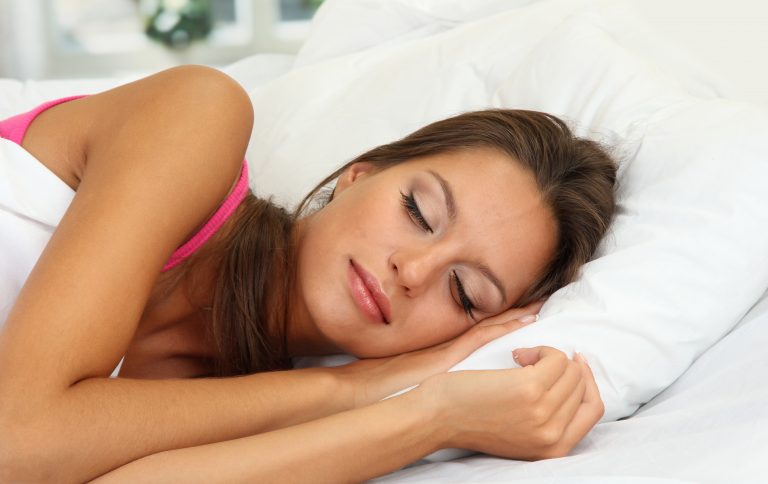
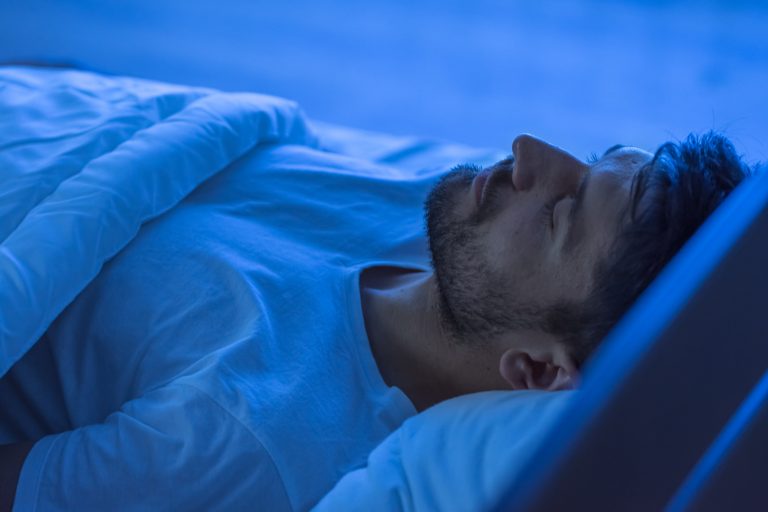
Conducting an At-Home Test
A take-home test is given to you by a doctor, but you can complete the study in the comfort of your own home. Just make sure to follow the instructions given to you to ensure your test is performed correctly.
Using this method, you’ll be able to go about your regular nightly routine without adjustments. Sleeping in your own bed may help to keep you in your routine if you have difficulty falling asleep.
On the night of your study, you’ll attach electrodes to various parts of your body which are connected to a sleep monitoring device. These electrodes will record information and are to be worn throughout the night. You can remove them in the morning and return the device to your provider.
Preparing the Day Of Your Test
Not much preparation is required for a sleep study, but it’s important to take note of a few suggestions. These will all help you to fall asleep easier and get test results that are indicative of your day-to-day condition.
Our tips for the most accurate sleep test include:
- Limit sugar and caffeine after lunchtime
- Avoid napping
- Stick as close to your normal daily routine as possible
- Avoid alcohol 12 hours before your sleep study
- Avoid anything else that could interfere with sleep
- Avoid using hair gels, make-up, or lotions prior to the test as they may interfere with the electrodes
These tips can help you to get the most out of your sleep study. If you’re going to a sleep clinic, make sure to pack a bag of essentials including comfortable clothes or pajamas, your toothbrush as well as other hygiene items, and any items that help you to relax.
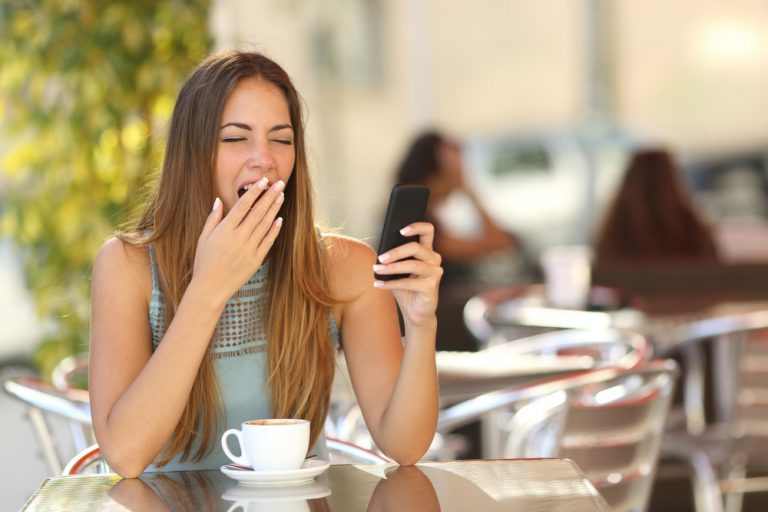
Frequently Asked Questions
Is a sleep study necessary?
Yes! A sleep study, also called a polysomnography, is the only way to properly diagnose sleep disorders including sleep apnea. If you’re experiencing symptoms of sleep apnea such as fatigue and sleepiness during the day, your doctor will recommend a sleep study to diagnose your condition.
The test uses a non-invasive monitor to measure possible disruptions in the pattern of your sleep throughout the night. These include your oxygen level, heart rate, breathing, snoring, body activity, and eye movements. Sleep studies are typically conducted for at least seven hours to get a good understanding of your condition and ensure an accurate diagnosis.
How long will it take to get my results after a sleep study?
After a sleep study, it typically takes about two weeks for a technician to score your data and a qualified sleep specialist to review it. Your results may include the following:
- Apnea-Hypopnea Index (AHI)— This shows how many episodes of sleep apnea you experience during the night. Sleep apnea is categorized by severity depending on the number of episodes. Anywhere between five and upwards of thirty indicates sleep apnea.
- Sleep efficiency—This shows the number of minutes of actual sleep you got during the night compared to the amount of time you spent in bed. If it takes you a long time to fall asleep after getting into bed, you have a low sleep efficiency.
- Oxygen Desaturation Index (ODI)—This indicates the number of times your oxygen levels drop during sleep.
Once your test is complete, the sleep specialist will forward the information including your diagnosis to Dr. Schumacher. He’ll then review the results and create a customized treatment plan to meet your needs.
Accurate Diagnosis is Crucial
If you receive a diagnosis of sleep apnea, Dr. Schumacher can help. He’ll create a personal oral appliance that can help you feel revitalized when you wake up, or he may recommend lifestyle changes to address your symptoms. Take control of your life and your ability to sleep peacefully. To learn more about how we can help you, call our office at (505) 427-2936 or fill out the easy-to-use contact form available on this page. We’ll be right with you.
